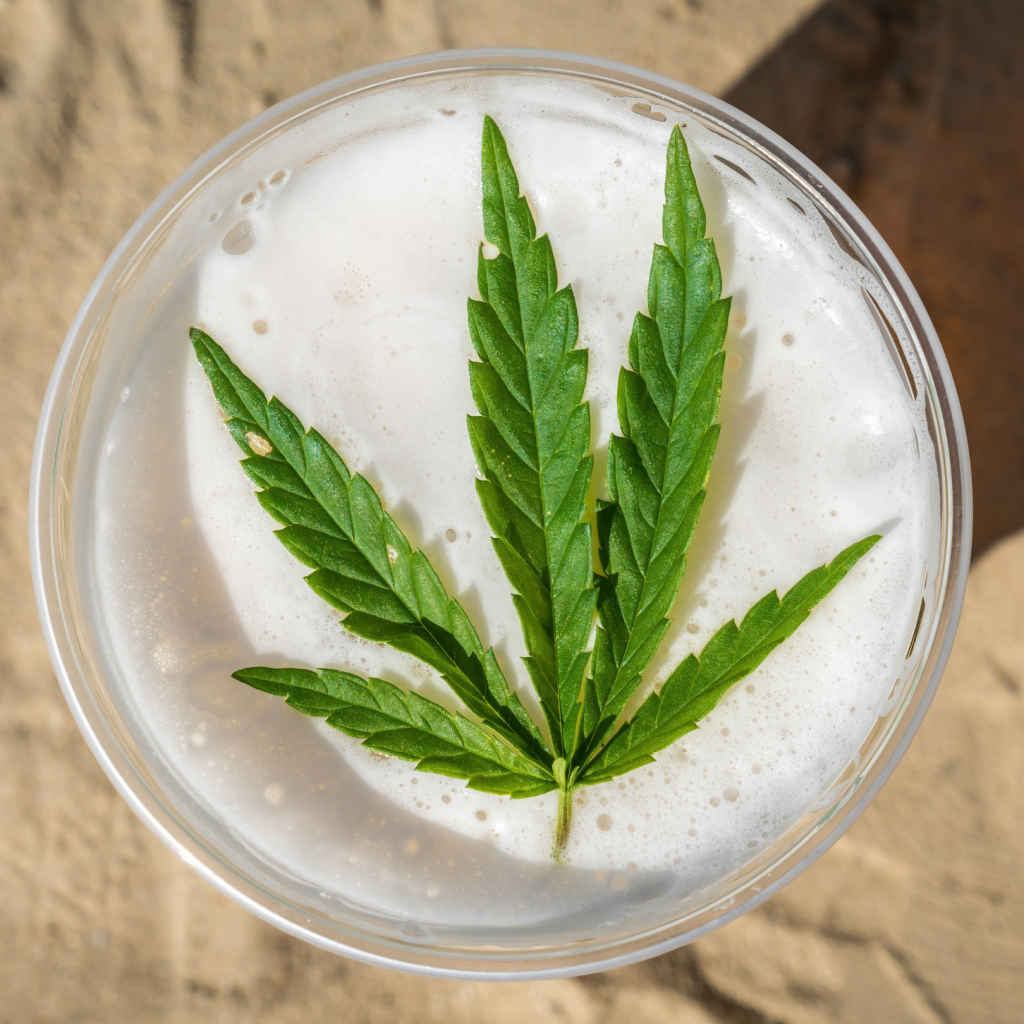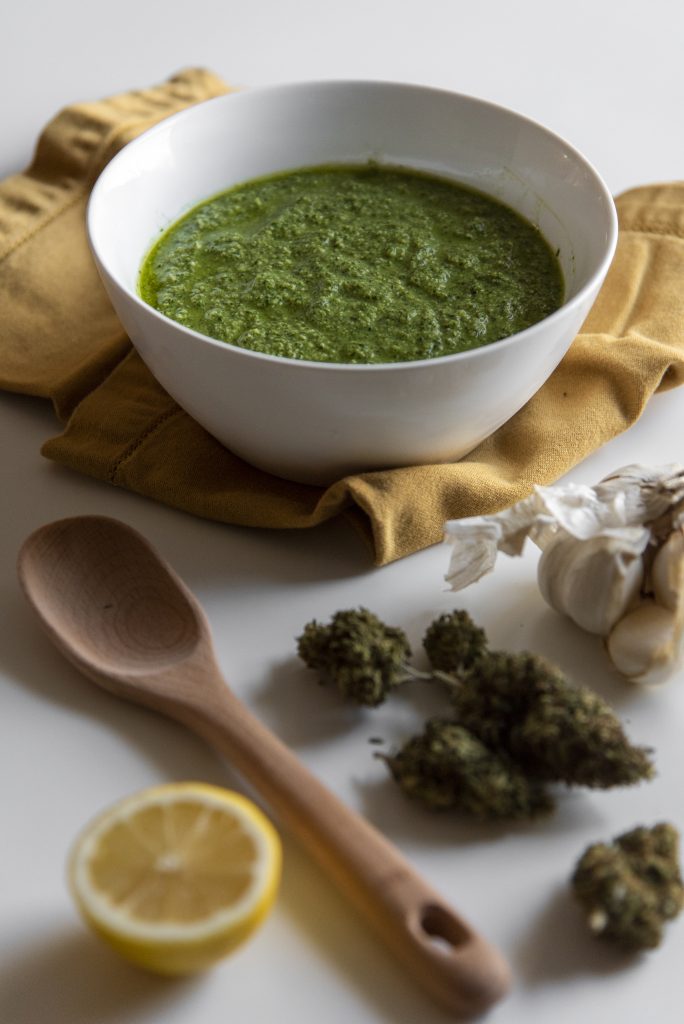The pandemic, the 2021 holiday season, and the stress from daily life have prompted many of us to drink a few more cocktails than usual over the past few months. If you relate to that, you may be wondering how to naturally detox from alcohol and live healthier in 2022.

Goodbye, Wine
Before we dig into how cannabis can help curtail alcohol consumption and reduce alcohol’s negative effects, let’s make our commitment to kicking booze to the curb with a “breakup” letter.
Dear Wine,
You have been a faithful companion through awkward social gatherings and nights stress-sobbing in the bathtub. But the mood swings and hangovers you give me are leaving me without energy and motivation. Also, you’re pricey, and I will no longer settle for one night of fun in exchange for two days of nausea and pounding headaches.
You just don’t complete me anymore. So, I am saying goodbye to you. I’m moving on so that I can invite positivity, productivity, and wellness into this new year.
Sincerely,
I Deserve Better
Alcohol’s Negative Effects on Health
Alcohol causes cognitive impairment, and excessive use can cause permanent damage to the brain’s frontal lobe. However, brain studies show that abstaining from alcohol for a few months allows re-growth of brain neurons.
Aside from using high-proof alcohol in tinctures with medicinal herbs, there aren’t many proven health benefits related to alcohol.
There is some evidence that moderate alcohol use may have some slight cardiovascular benefits and possibly reduce the risk of diabetes, but studies are mixed. And often, it’s difficult for people who enjoy alcohol to restrain themselves from drinking more than what’s defined as “moderate.”
How Long Does It Take to Detox from Alcohol
Depending on the amount and frequency consumed, experts estimate that detoxing from alcohol typically takes anywhere from 6 hours to 2 weeks.
The most common alcohol withdrawal symptoms are:
- Anxiety and Depression
- Decreased Energy
- Poor sleep
- Trouble concentrating
- Nausea

Leveraging Cannabis to Detox From Alcohol
Cannabis contains phytocannabinoids that support our bodies’ own endocannabinoid system (ECS). The endocannabinoid system controls multiple physiological processes; we’ve listed a few of them below:
- Pain sensations
- Mood fluctuations
- Memory
- Immune system responses
Receptors to the endocannabinoid system run through the brain, spinal column, and organs. Think of these receptors as the locks to the ECS, and think of the cannabinoids in cannabis as the keys to unlock the ECS’s power to promote balance (homeostasis) throughout the body.
Clinical research on the therapeutic benefits of cannabis is relatively new in the United States. While it is classified as a Schedule 1 substance in the Controlled Substances Act of 1970, cannabis does not fit many of the criteria used to classify substances as Schedule 1 drugs.
- Cannabis has little or no known withdrawal symptoms and is therefore considered to be non-addicting.
- Cannabis has many known medical benefits (including relief from nausea, vomiting, pain, muscle spasms, and glaucoma). Many physicians around the world recommend it to their patients to ease symptoms of a wide variety of conditions.
Medical cannabis (medical marijuana, or “MMJ”) has become especially well-known as a medication for chronic pain and a safe, effective alternative to addictive opioid pharmaceuticals.

Ways to Consume Cannabis
Cannabis is a very versatile plant, and there are various ways to get the benefits of its cannabinoid-rich composition.
- Smoking
- Vaporizing
- Consuming orally in foods, drinks, and drops
- Applying topically
Some of the types of products available include:
- Oils and Tinctures
- Hemp Flower
- Hemp Tea
- Edibles
- Topicals
- Medical Marijuana (MMJ)
We’re Over You, Alcohol
If you have questions about Hempfield Botanical’s hemp-derived, cannabinoid-rich products or are interested in our medical marijuana consultation and certification services, please contact us. We’re here to help you live your best, healthiest life!
Sources:

